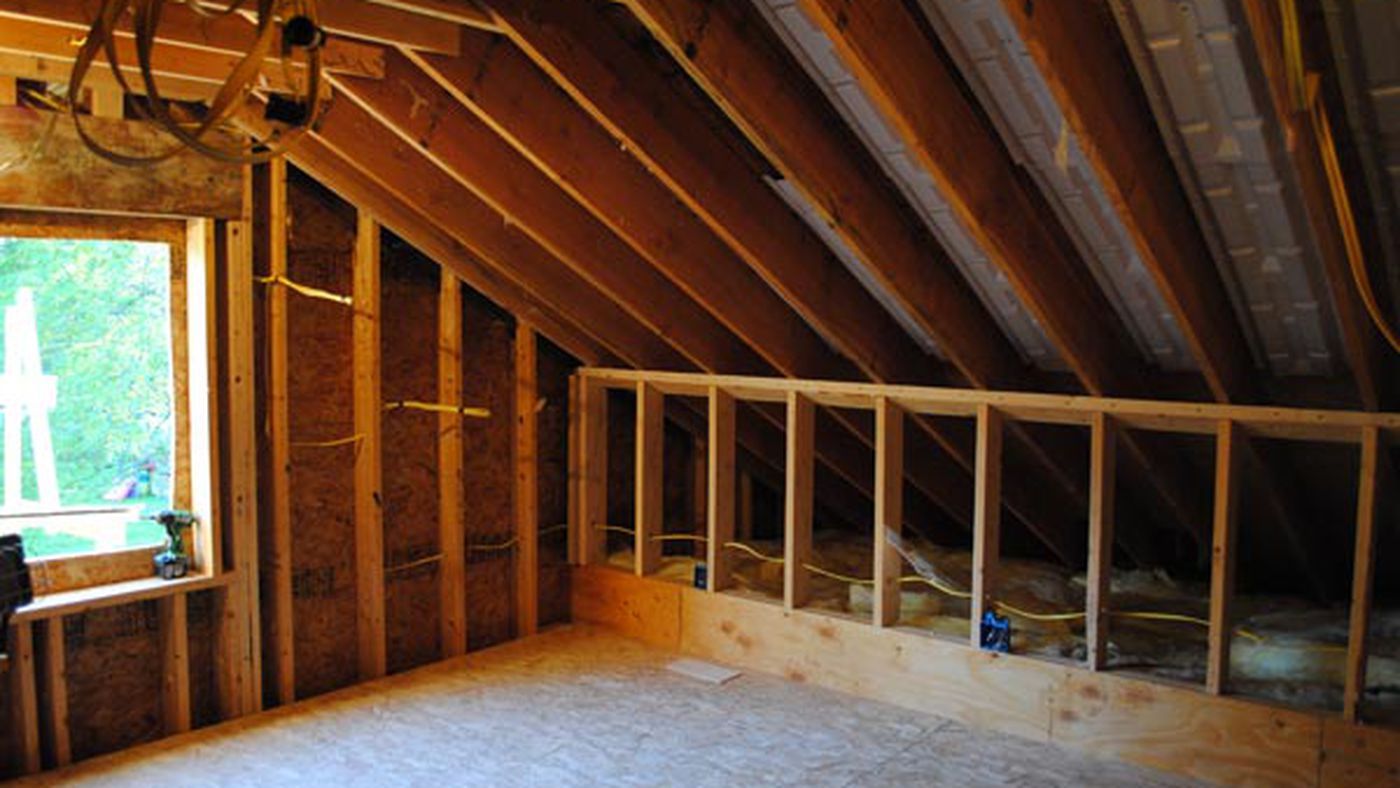Attic insulation is one of the most crucial elements for each home because it allows your home to remain energy efficient and comfortable in every season. As Dawson Management warns, a poorly insulated attic can squander up to 25% of your home’s heat, or even lead to ice dams which potentially can do some serious structural damage. Although hiring a professional for attic insulation can get pricey, it’s absolutely worth it because you’ll save money in the long run. However, if you wish to do things yourself, you’ll only need adequate tools, patience, and some knowledge. We can help you with the latter, so have a look at some of the must-know things before insulating your attic.
Examine Your Attic’s Current Condition
Before even planning how to insulate your attic, you’ll need to thoroughly examine its current condition and focus on every single detail. As safety should always be the priority, subject your roof structure and decking to examination first. The last thing you’d want is to fall through and get injured because of the structural damage you overlooked. After ensuring that everything is safe, look for any wet spots or stains, because this can indicate problems with moisture. You can touch your rafters to check if they are sagging or damaged, and if they have a sponge-like feeling, that means they have been exposed to the moisture.
Wear Protective Gear
Once you’re certain that your attic is a safe environment, you’ll still need to protect yourself. At the bare minimum, we strongly advise wearing goggles, work gloves, long-sleeved outfits, and a good dust mask. The attic is full of dust, insulation fibers, and other residues that can get into your lungs or eyes, and you can evade all of this by simply taking this suggestion. For additional brightness in the dimmest spaces of your attic, you can get a headlamp or rechargeable lanterns and place them all over the place.
Choose The Proper Insulation
There are all kinds of materials to choose for insulating your attic, and each type comes with a different R-value, which is a measurement of how much the specific material can prevent heat from dissipating, per inch. The bigger the R-value, the finer the insulation will be. You can even incorporate different types of material for optimum insulation, such as double bubble insulation with prodex total. This will allow you to prevent humidity, soundproof the attic, keep the rodents and birds away, all while keeping the ideal temperature.
Determine The Amount of Insulation for Purchase
Once you’re certain which insulation you want to get, it’s time to do some math. First, you’ll need to measure the square footage of your attic and then calculate the amount of material required for insulation. This will ensure that you’ll purchase the proper amount of material, so you don’t overspend and have extra material lying around.

Take Ventilation into Consideration
Your ventilation and insulation work in sync to regulate the temperature of your entire home. Poorly placed insulation that covers the vents in the attic will entrap the hot air, and you’ll notice a substantial increase in energy bills. In addition, ventilation allows all the moisture to leave your home, and if the ventilation isn’t adequate, all the moisture will be condensed which may lead to decay and other issues. To prevent this, you’ll need to calculate the square footage and net-free area of both roof and attic, to define the suitable volume and proportion of exhaust vent holes.
You’re Entitled to Warranty
If you decide to leave insulating to the experts, keep in mind that every reputable company offers a warranty on workmanship. Essentially, this means that any potential damage that may occur due to the inferior installation of insulation is going to be fixed for free. Some of the companies offer up to ten years of warranty, which is a great addition. Furthermore, always make sure to hire licensed contractors for the highest quality of work.
Conclusion
So, there you have it, these were some of the most essential things to know before insulating your attic. This investment may leave a huge void in your budget, but it will certainly make your entire home more comfortable in the years to come.





